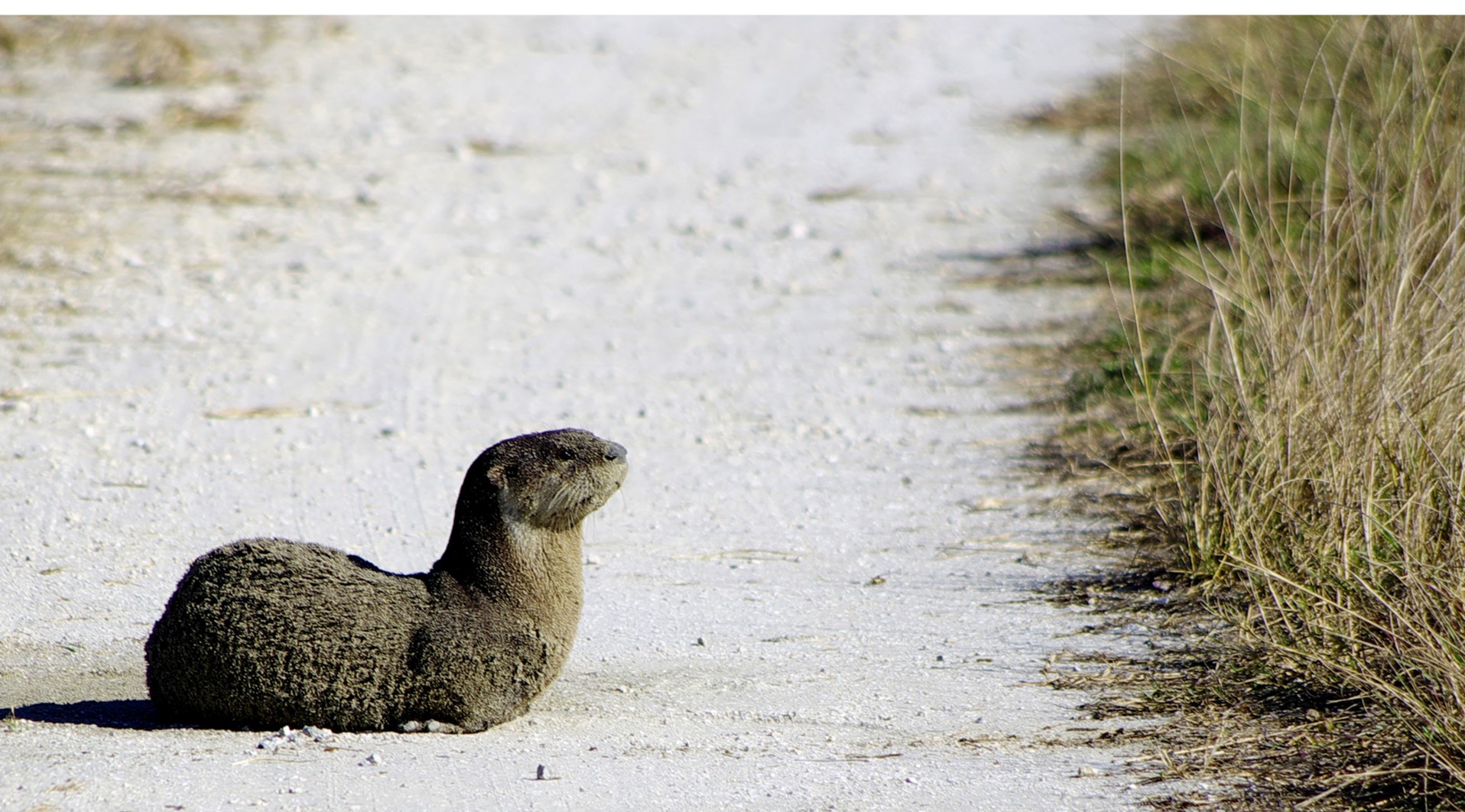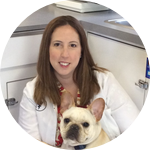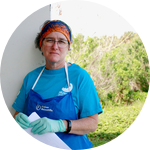About This Project
North American river otters are found throughout Florida but few studies have focused on the health of this species in FL. While most people consider them playful animals, there are occasional conflicts with humans including bites on people and pets that are often attributed to a rabies infection or defensive behavior. Our project will look at the incidence of otter-human conflict in Florida and what factors may be important. We will also investigate reports of rabies infections in otters.
Ask the Scientists
Join The DiscussionWhat is the context of this research?
Rabies is an infectious agent in North American river otters. Human conflict (bites) is likely a result of infection in this species. An alternative or equally important factor may be defensive behavior by otters as humans approach them or happen to be in the same area. To better understand the factors surrounding otter-human conflict, we will take an in-depth look at otter "attacks" (media search), interview the people involved and review the reports provided to state agencies. In a limited number of cases (due to funding), samples will be collected and sent to a commercial laboratory for rabies identification. These samples will test the efficacy of using vehicle-strike otters as a source for rabies surveillance. It will also help us understand this disease as a mortality factor.
What is the significance of this project?
Reports of otter bites on humans and dogs are becoming more well-known in Florida. A published report several years ago found that Florida is the epicenter of these conflicts (Belanger et al. 2011). More information is needed to understand this problem to help people who may encounter otters avoid a bite and to help understand the behavior of otters. Having these data immediately in hand will help people using the outdoors to avoid conflicts with otters in the wild. It will also inform rehabilitation centers of risks to their staff and will ultimately provide context to conflicts that often result in otters being killed after an aggressive interaction with humans or their pets. Tissue sample analysis will provide needed data on a surveillance tool for rabies and its role in mortality.
What are the goals of the project?
The goals of the project are to gather information on otter attacks to understand the behavior of the animal and the humans before the interaction and the potential incidence of rabies in this species. We will search reports of otter attacks in the media as well as records available at the Department of Health. Samples from vehicle-strike otters will be collected as part of our on-going program and sent to a commercial lab to look for indicators of rabies using histopathology. Additional samples will be archived as more funding becomes available for analysis because this type of sample analysis often requires higher funding amounts than this grant will allow. Data from this study will be made available to the Florida Fish and Wildlife Conservation Commission and the Department of Health.
Budget
Salary (10 hr/week for 6 weeks) is needed to cover time spent searching the records of otter bite reports and to contact the local and state agencies charged with reporting rabies in otters. Fringe benefits are required as a proportion of salary (40%) for our non-profit research organization. Sample analysis will include a limited number of samples sent to a diagnostic lab (cost is$75 per sample with a goal of 20 cases) to identify rabies infection in a limited number of cases and to archive samples for future histopathology. This baseline data will help to establish the efficacy of a larger study whereby additional samples will be collected with additional funding. To date, additional funding has not been acquired for additional lab work however, funding is available to supplement the salary of the PI through our specialty license plate program (Discover Florida's Oceans).
Endorsed by
 Project Timeline
Project Timeline
The project will take one year to complete. The first step will be to make a search in the media of otter attacks and then search the available data on the state Department of Health web site for rabies. Reports will be matched to known cases. Otter samples will be collected opportunistically during the first 6 months and sent for analysis during the third quarter. Sample results and final synthesis of data will take place in the last quarter with data being sent to all stakeholders (FWC, DOH).
Sep 02, 2020
Project Launched
Oct 01, 2020
begin sample collection
Oct 01, 2020
begin media search
Dec 01, 2020
contact Department of Health
Mar 31, 2021
complete sample collection
Meet the Team
Megan Stolen
Megan Stolen is a research scientist with over 20 years of marine mammal experience. Her interests and expertise include demography, life history and human-wildlife conflict. She has a BSc. and a MSc. in biology from the University of Central Florida and a Professional Certificate in Wildlife Forensic Sciences and Conservation from the University of Florida. She is currently finishing her second MSc. degree in Wildlife Forensics. She is a frequent guest lecturer at workshops and in graduate and undergraduate classes. She has authored published papers on topics such as human-wildlife conflict, age and growth, life history and health. Her citizen science program "IRL Otter Spotters" has been successful in engaging the general public in otter ecology and health. She is a leader in the Florida marine mammal stranding program and a frequent collaborator on studies of health and ecology of several aquatic mammals. She is a member of the Society for Marine Mammalogy, The Wildlife Disease Association, The Wildlife Society, The International Veterinary Forensic Sciences Association, The Society for Wildlife Forensics and the IUCN Otter Specialist Group.
Additional Information
More information about the larger program can be found at www.hswri.org/indian-river-lag...
 Photo of a North American river otter (Lontra canadensis)
Photo of a North American river otter (Lontra canadensis)
Project Backers
- 18Backers
- 50%Funded
- $2,127Total Donations
- $118.17Average Donation


